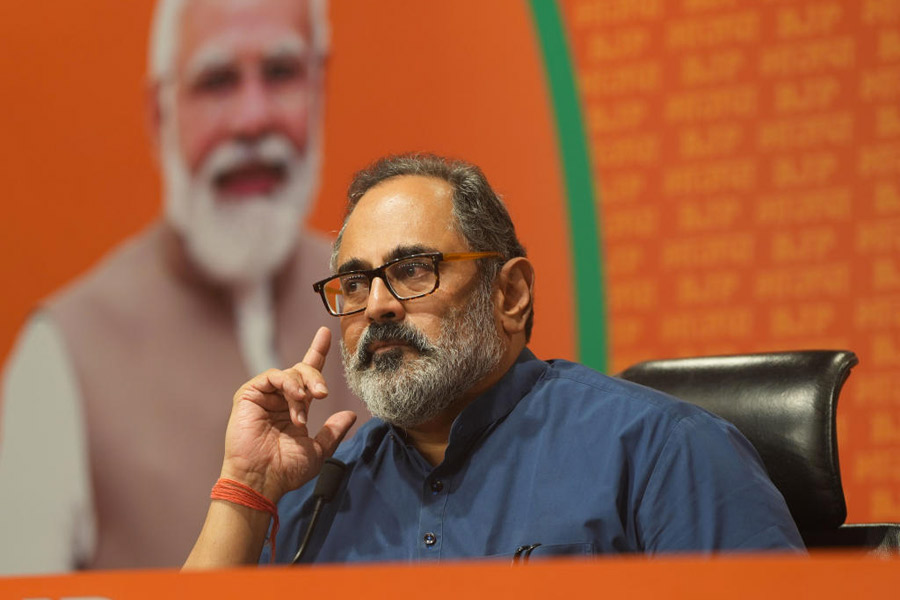Government-backed hackers tried to plant spyware made by the NSO Group on the iPhone of an Indian journalist working for the Organised Crime and Corruption Reporting Project (OCCRP) in August, the organisation’s co-founder said on Monday.
Analysis of the journalist's phone showed an infiltration attempt on August 23, OCCRP's co-founder Drew Sullivan told Reuters. The journalist, Anand Mangnale, was among several Indians who received alerts from Apple last week warning them that they had been targeted by "state-sponsored" hackers trying to remotely access their iPhones.
Sullivan said an internal forensic investigation tied the intrusion effort against Mangnale's phone to Israeli firm NSO's Pegasus hacking tool.
Mangnale and another OCCRP journalist were granted interim protection from arrest by the Supreme Court on November 3 over an article they wrote on the Adani group on August 31.
The Pegasus spyware allows hackers sweeping access to the targets’ smartphones, allowing them to record calls, intercept messages and transform the phones into portable listening devices.
Use of the tool on Mangnale’s phone was “unacceptable and outrageous”, Sullivan said. “Whatever government is spying on the reporters, there’s no plausible explanation for that other than political gain.”
Apple’s alerts did not identify the government behind the hacks or the spyware used.
OCCRP, a global network of investigative journalists, is known for its sweeping, document-based exposes of corruption and organised crime. It had on August 31 published an investigation on alleged stock market manipulation by the Adani group.
Mangnale wasn’t immediately available for comment.
A company that did forensic work for OCCRP on Mangnale’s device — an anti-phone-hacking firm called iVerify — said it found a pattern of suspicious crashes on it that matched previously known Pegasus intrusions. “We’re happy to say with high confidence that this phone was attacked with Pegasus,” iVerify cofounder Rocky Cole said.
The Indian embassy in Washington and Indian government officials in New Delhi didn’t immediately return messages seeking comment on OCCRP’s allegation that its India-based reporter was hacked, or on the status of the government’s investigation into the hacking alerts.












